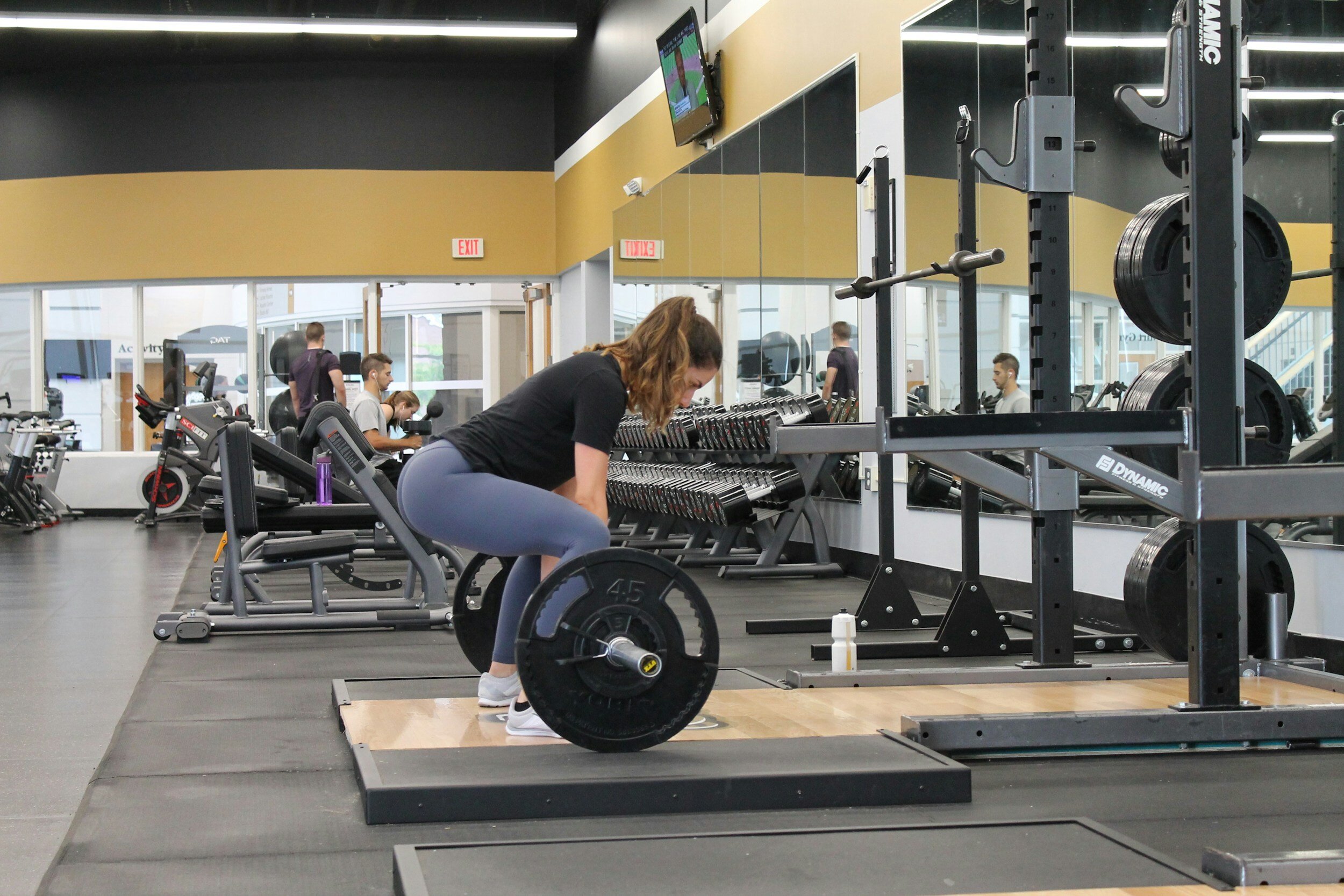The Physical and Cognitive Benefits of Creatine
Exploring the Health Benefits of Creatine Supplementation
Creatine is a naturally occurring compound that plays a crucial role in the production of energy during high-intensity, short-duration activities such as weightlifting and sprinting. While our bodies produce creatine endogenously, it is also obtained through dietary sources such as red meat and fish. However, many individuals, especially athletes and bodybuilders, turn to creatine supplementation to enhance their performance and support their fitness goals. In this article, we will delve into the health benefits of creatine supplementation, debunk common misconceptions, and provide insights into safe and effective usage.
Improved Exercise Performance
One of the primary reasons individuals turn to creatine supplementation is its well-documented benefits in improving exercise performance, especially during high-intensity, short-duration activities. Creatine helps regenerate adenosine triphosphate (ATP), the primary energy source for muscle contractions, at a faster rate. This allows individuals to push harder during workouts, resulting in increased strength, power, and endurance.
Research studies have consistently shown that creatine supplementation is effective in enhancing performance in activities such as weightlifting, sprinting, and high-intensity interval training (HIIT). Athletes who incorporate creatine into their training regimen often experience improved workout capacity and faster recovery between high-intensity bouts.
Muscle Growth and Volume
In addition to its performance-enhancing properties, creatine supplementation has been linked to increased muscle growth and volume. By drawing water into muscle cells, creatine promotes cell volumization, which can lead to a fuller and more “pumped” appearance. This increase in muscle hydration can also stimulate muscle protein synthesis, contributing to muscle hypertrophy over time.
Moreover, creatine has been shown to upregulate insulin-like growth factor-1 (IGF-1) expression in muscles, further supporting muscle growth and repair processes. Individuals looking to enhance their muscle mass and strength often find creatine supplementation to be a valuable addition to their nutrition and training routines.
Cognitive Benefits
Beyond its physical performance benefits, creatine supplementation has also been associated with cognitive enhancements. Research suggests that creatine plays a role in brain energy metabolism and neuroprotection, potentially improving cognitive function and memory. Some studies have explored the benefits of creatine supplementation in conditions such as depression, Parkinson’s disease, and age-related cognitive decline, with promising results.
Athletes and individuals seeking not only physical performance gains but also cognitive benefits may find creatine supplementation beneficial in supporting mental sharpness and acuity, especially during demanding training sessions or competitions.
Debunking Common Myths
Despite its well-established benefits, creatine has often been surrounded by misconceptions and myths. One common myth is that creatine is a form of anabolic steroid, which is untrue. Creatine is a natural compound found in our bodies and various foods, and when used responsibly, it is considered safe and legal for most individuals.
Another myth is that creatine causes dehydration or kidney damage. On the contrary, numerous studies have shown that when consumed within recommended guidelines, creatine supplementation is safe for healthy individuals and does not pose a risk to kidney function. Adequate hydration is essential when supplementing with creatine to maximize its benefits and prevent potential side effects like muscle cramping.
Safe and Effective Usage
When considering creatine supplementation, it is crucial to prioritize quality, dosage, and hydration. Opt for reputable brands that provide high-quality creatine monohydrate, the most studied and widely used form of creatine. There are two ways to take it you can begin with a loading phase of around 20 grams per day split into 4 doses for 5-7 days to saturate muscle creatine stores, followed by a maintenance phase of 5 grams per day to sustain elevated creatine levels or you can just take 5 grams per day and you should reach maximum saturation in about 30 days.
Individuals should also prioritize staying hydrated while using creatine to support muscle function and overall health. Consulting with a healthcare provider or a nutrition expert before starting a creatine regimen is recommended, especially for individuals with preexisting medical conditions or concerns.
In conclusion, creatine supplementation offers a range of health benefits, from improved exercise performance and muscle growth to cognitive enhancements. When used responsibly and in conjunction with a balanced diet and proper training program, creatine can be a valuable ally in achieving fitness goals and optimizing overall health and well-being.
Remember, it is essential to approach supplementation, including creatine, with an informed and cautious mindset to maximize benefits and minimize potential risks. As with any dietary supplement, individual responses may vary, so listening to your body and seeking professional guidance when needed are key to leveraging the advantages of creatine supplementation effectively.
By understanding the science behind creatine and adopting a sensible approach to usage, individuals can harness the power of this natural compound to support their fitness journey and enhance their performance levels in a safe and sustainable manner.



